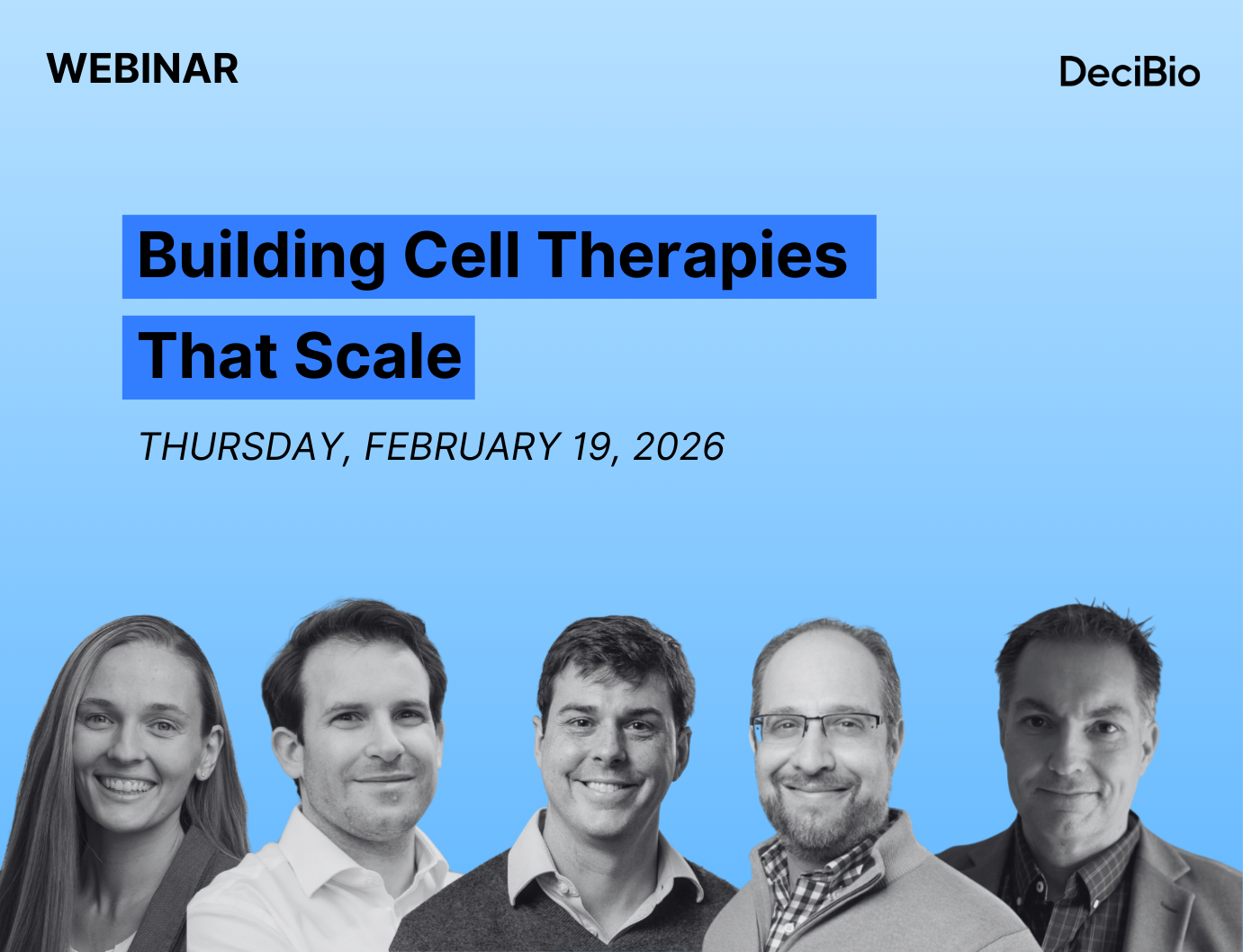We attended AGBT Precision Health and had a chance to speak with pathologists, researchers, tools manufacturers, and other precision medicine stakeholders and thought leaders. The conference is finding its identity, as it continues to recruit top caliber speakers. We made the following observations, largely shared by interviewees:
- While NGS was obviously front and center, precision medicine is defined as encompassing more than just (human) genomic analysis
- As noted in our AGBT entry, the scale of genomics projects continue to increase with many sites and institutions quickly increasing their sequencing throughputs
- The avalanche of clinical data in the next decade will create real logistical challenges, in part as it relates to data (re)interpretation
At the final evening dinner, we conducted an in-person survey with 31 attendees, asking what they would remember about the event (focusing on talks or trends). We asked attendees to not vote for their own talk.
Top 5 Answers
Precision medicine extends beyond oncology (10 mentions)
Most attendees commented on the breadth of applications of precision medicine, with talks extending to areas such cardiovascular diseases, obesity, and psychiatry. While other conferences tend to focus on NGS use in clinical oncology, NIPT, and rare diseases, this year’s event highlighted the breadth of opportunities in precision medicine.Talks from pharma players (e.g., Vertex, highlighting its role in drug development) and other industry players (e.g., Jackson lab, evaluating the skin microbiome) also highlighted the breadth of stakeholders. In addition, precision medicine extends beyond genomics. Illumina’s Gautam Kollu referenced a NEJM Catalyst insight report indicating that by 2022, the most useful sources of healthcare data would shift away from clinical, claim or pharma data to genomics (17% of respondents perceiving in top 3 source in 2017, to 40% in 2022) and patient generated data (from 30% to 40%)
Data reinterpretation is increasingly an issue (4 mentions)
Heidi Rehm hosted a debate about the importance of reinterpreting genomic data as novel information becomes available, given that the amount of genomics information accumulates at an exponential rate. She started the panel with the story of a patient who undertook a preventive double mastectomy to later learn that the BRCA variant that lead to this decision was reclassified as benign.Data reinterpretation brings along challenges, including the frequency at which this reanalysis should be performed, and who is on the hook to pay for this analysis or deliver the updated results to patients. This interactive session that used live audience voting indicated that even informed stakeholders are divided on these answers.
Personalized medicine is exploding (4 mentions)
During the first session, Carlos Bustamante highlighted the role that computational genomics and big data can play to help us leverage this growth to its full potential across geographies and therapeutic areas. One first-time attendee mentioned that he was impressed by the impact that precision medicine had today, and the speed at which it was being adopted. His sentiment was echoed by an additional 3 respondents, who mentioned that talks benefits are real for thousands of patients now, and not anecdotal anymore.The perception of many of these respondents somewhat overlapped with the answer below, as further discussions revealed that they perceived oncology as the beachhead application (we did not double count these answers).
Clinical oncology is exploding (3 mentions)
MSKCC’s Mike Berger presented results from the 30K+ clinical NGS (normal-) tumor samples sequenced to date using their 468-genes MSK-IMPACT panel (1.52 Mb, 720x coverage). MSK’s case volumes are stabilizing at ~200 per week, with 41% of cases with 1+ targetable mutations, and limited upsides from a reflex WES in negative cases likely driven by our lack of knowledge of genes implicated in cancer rather than the underlying biology. MSK is looking at expanding sequencing by 1) incorporating more genes, non-coding regions, and viral DNA, 2) more comprehensive DNA and RNA-based assays, 3) expanding to broader patient populations (e.g., early stage, rare tumor types, underrepresented demographics), and 4) liquid biopsies using a variety of fluids.Sharon Plon gave an update on the pediatric MATCH trial, a phase II trial of genomically-directed therapy for children with refractory solid tumors and lymphomas. To date, 296 patients (out of the goal of 1,500) were enrolled. One current surprising result from the study is that some germline variants were not found in tumor reports, putting into questions whether important germline findings are seen in tumor only sequencing (vs. tumor-normal).
The economics of personalized medicine work, but perhaps only in the long run (3 mentions)
Stephen Kingsmore and others highlighted that the economics of personalized medicine already makes clear economic sense today for some applications. In contrast, more skeptical conference attendees expect personalized medicine to pay dividends in the long run, while increasing costs in the short term.
Other observations (7 mentions)
~25% of attendee votes provided answers outside of the above top 5 list above. We’ll highlight a couple of them that we found particularly interesting:
- Innovation can occur outside of academic medical centers (AMCs), at places such as Rady’s Children’s hospital (Kingsmore talk) or Jackson Lab (Julia Oh)
- At this conference (again), Dovetail Genomics highlighted the benefits of its technology to help analyze structural information from FFPE samples. Given the number of available FFPE samples, and importance of long read information in oncology, we believe that the technology has strong potential
Curious how the evolving precision medicine landscape may affect your business? Contact DeciBio and let us know how we can help!
About the Author

Stephane Budel is a partner at DeciBio with over 12 years of experience in life science business consulting, entrepreneurship and academic research. Connect with him on LinkedIn and Google+Contact Stephane and the DeciBio team to learn the latest insights impacting your industry.Disclaimer: Companies listed above may be DeciBio clients and/or customers

%20(1).png)





